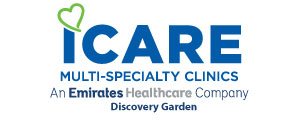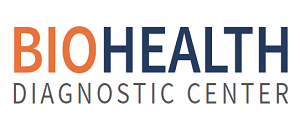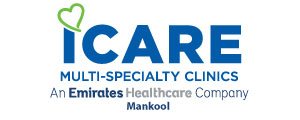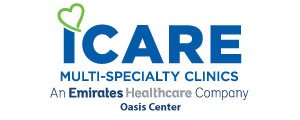Non-Invasive Prenatal Testing (NIPT) is a simple blood-based screening that provides early information about certain chromosomal conditions during pregnancy. By analyzing small fragments of fetal DNA circulating in the mother’s bloodstream, NIPT assesses the likelihood of common genetic conditions such as Down syndrome (Trisomy 21), Trisomy 18, and Trisomy 13.
The test can be performed from the 10th week of pregnancy and requires only a blood sample from the mother. Since it is non-invasive, it does not involve procedures that enter the womb, making it a widely used option for prenatal screening.
NIPT is often chosen by expectant parents who wish to explore additional screening options during pregnancy. It may be considered for those with specific risk factors such as maternal age, family history of genetic conditions, or previous screening results, though it is also available for anyone seeking further insight.
This screening provides clear and easy-to-understand reports, supporting awareness and informed conversations with healthcare providers. While NIPT offers valuable genetic information, it is important to note that it is a screening test, not a diagnostic tool, and further evaluation may be recommended based on results.
Understand more about your pregnancy with early genetic screening.
Explore NIPT as part of your prenatal care journey.

























